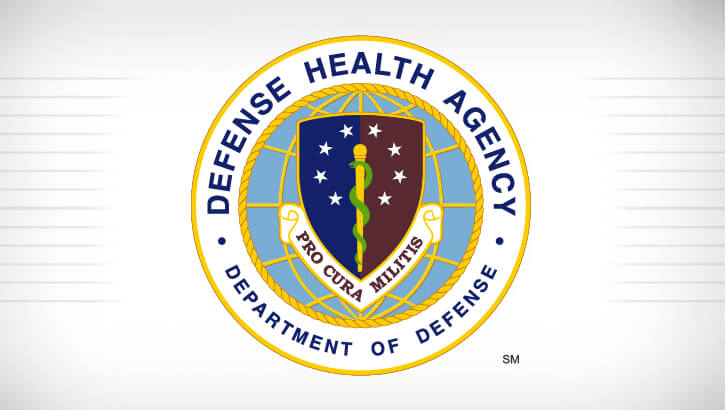Patients to include:
- Patients with a body mass index (BMI) of 30 or more
- Patients with a diagnosis of obesity
BHCs implement evidence-based assessments and interventions with patients to improve weight management. Patients are typically seen for one to four appointments. Once initial appointments have been completed, obese patients may benefit from a continuity consultation where they are seen for additional appointments, spaced at longer intervals, to maintain the substantial behavioral changes necessary for loss. weight.
There are many interventions that can be helpful for weight loss. CSBs and patients collaboratively select the most appropriate intervention(s) given the nature of the patient’s difficulties and their desire for change. Possible interventions include education on effective weight loss with emphasis on diet and exercise, motivational interviewing to determine the importance and willingness to change, problem solving related to potential barriers to change, setting goals to improve health-related behaviors, and instructions for using a food. and an activity log. BHCs may also recommend that patients be linked to other PCMH team members or external resources (e.g., nutrition, wellness). BHCs provide the PCM with the nature of the selected intervention(s) and plan, and provide recommendations to the PCMH team following patient appointments. Outcomes for patients with weight loss goals can be monitored by BMI, percentage of total weight lost, and symptoms/functioning assessed by the BHM-20 (Behavioral Health Measure).
